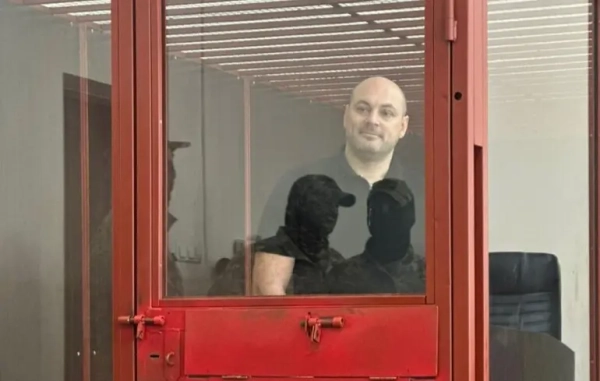
France's Supreme Court is set to rule on Friday on whether to lift the immunity of Bashar al-Assad, the head of state and former leader of Syria now living in Russia, due to the gravity of the evidence surrounding the charges brought against him by Syrian activists and European prosecutors.
Human rights advocates and lawyers say the lifting of Assad's immunity by the country's top court could pave the way for his prosecution in absentia for chemical weapons use in Ghouta in 2013 and Douma in 2018, and set an important precedent for holding other government officials accountable for atrocities.
Assad has not retained lawyers to defend himself against the charges and denies any connection to the chemical attacks.
A ruling against Assad would be a “significant achievement for the victims,” said Mazen Darwish, head of the Syrian Media Center, which collects evidence of war crimes.
“This is not just for Syrians, it will open up the possibility for victims from any country, and it will be the first time that a national judge has the authority to issue an arrest warrant for a sitting president.”
He stressed that the decision could give his organization legal grounds to pursue regime members, such as bringing a money laundering case against Adib Mayale, the former head of Syria's Central Bank and economy minister, whose representatives claim he has immunity under international law.
For more than half a century, Syria was ruled by Hafez al-Assad and then his son Bashar. In 2011, during the Arab Spring, the country of 23 million people erupted in revolt against the authoritarian regime, leading to a brutal 13-year civil war that has left more than half a million people dead, according to the Syrian Observatory for Human Rights.
Millions more people have found refuge in Lebanon, Jordan, Turkey and Europe.
The Assad dynasty has exploited sectarian tensions to maintain power, leading to renewed violence against minorities in Syria, despite claims that the country's new leadership would create a political future that would embrace and represent the interests of all its communities.
According to Mariana Peña, a human rights lawyer at the Open Society Justice Initiative, which helped bring the case to court, the court's decision to lift Assad's immunity could set an “important precedent” that “could really set the stage for potential other cases of immunity lifting in national jurisdictions.”
With the International Criminal Court issuing arrest warrants for leaders accused of atrocities such as Vladimir Putin in Ukraine, Benjamin Netanyahu in Gaza and Rodrigo Duterte in the Philippines, the French judges' decision could expand the legal basis for prosecuting not only ousted and exiled leaders but also those currently in positions of power.
In 2013, the Syrian government denied involvement in the Ghouta attack, a claim the opposition rejected because Assad's forces were the only side in the brutal civil war with sarin.
The United States subsequently threatened a military response, but Washington reached an agreement with Moscow in which Assad agreed to give up his stockpile of chemical weapons.
Sourse: breakingnews.ie






